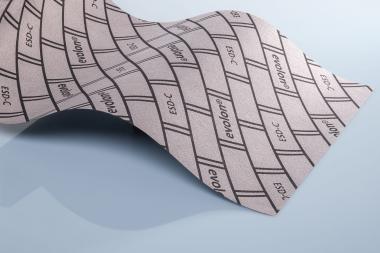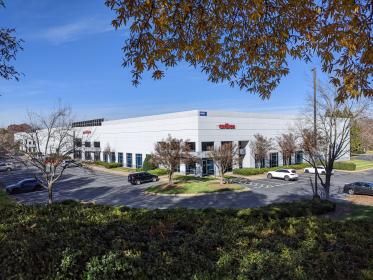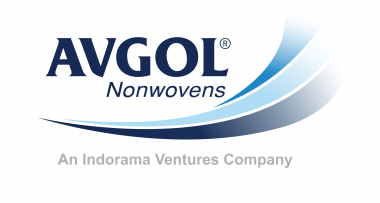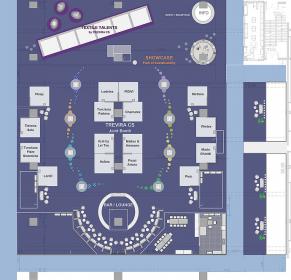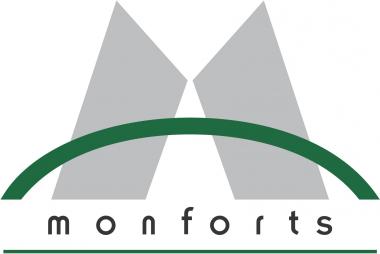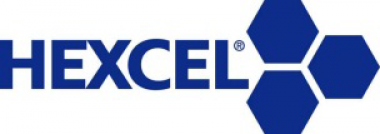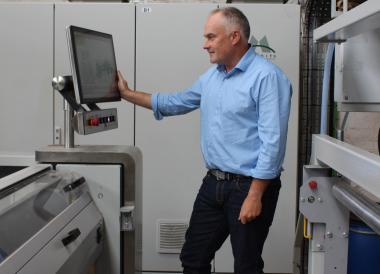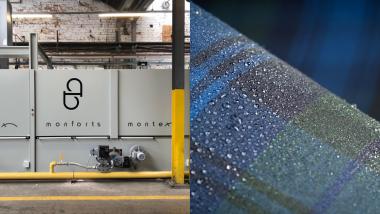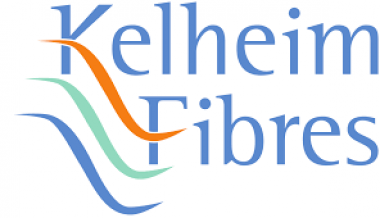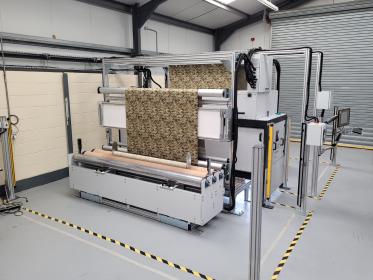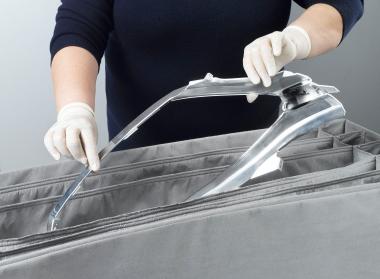Kelheim Fibres und SUMO: Absorbent pads for washable diapers
Kelheim Fibres and SUMO are presenting their high-performance absorbent pads for the reusable Sumo diaper at this year's Cellulose Fibres Conference. The Sumo diaper is a sustainable and washable cloth diaper made entirely from biobased materials, offering high performance and innovative design.
The Sumo diaper offers a reusable alternative, consisting of a waterproof shell and absorbent pads. To enhance the performance of the pads, Sumo collaborated with Kelheim Fibres, a leading viscose specialty fibre manufacturer with decades of experience in the hygiene sector.
Together with the Saxon Textile Research Institute STFI, Sumo and Kelheim Fibres have developed a high-performance absorbent pad that is free of fossil-based materials and has already been awarded the Techtextil Innovation Award. The basis for the innovative construction are Kelheim's functionalized specialty viscose fibres with modified cross-sections, which ensure particularly high absorbency and extremely low rewet values.
To ensure the washability of the product, needle-punched/thermally bonded nonwovens were chosen, consisting of a mixture of specialty viscose and PLA bicomponent fibres. By combining nonwovens, typically used in single-use applications, with reusable products, the partners have chosen a new approach.
Natalie Wunder, project manager at Kelheim Fibres, and Luisa Kahlfeldt, founder and designer of SUMO, explain in their joint presentation at the Cellulose Fibre Conference how open innovation has led to successful development collaboration, how this response to current consumer needs has emerged, and what steps are planned for the future.
Kelheim Fibres GmbH






